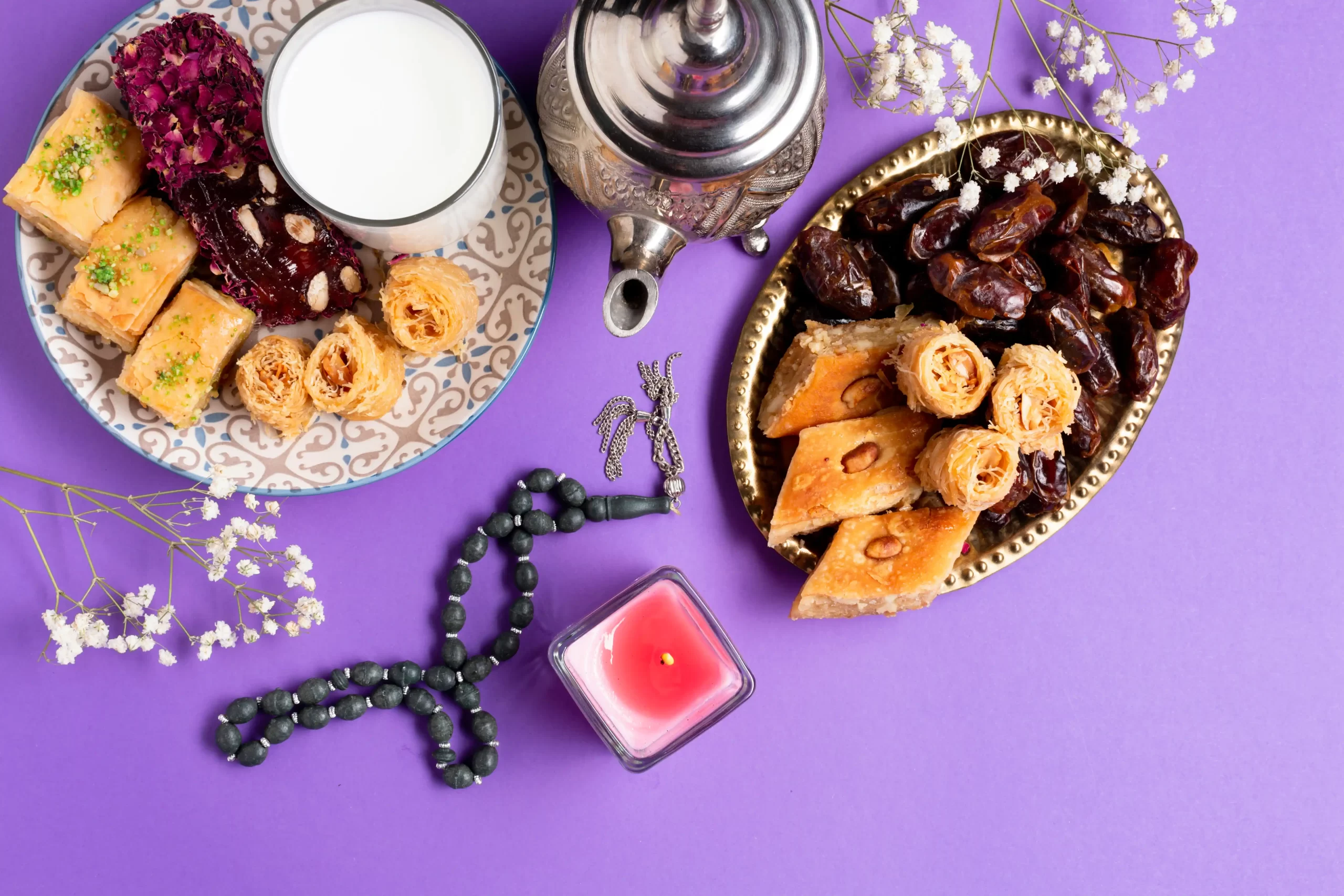
guarantees Products and services meet the requirements of Islamic Sharia
With more than 1.8 billion Muslim consumers worldwide, the business of halal food and goods is a growing market. Due to this volume of demand, more suppliers stepped into this field. For consumers, the identification and labeling of halal products by producers and traders is a necessity. However, such identification is only possible with clear traceability of purchased raw materials and manufactured goods (such as food additives) used during the manufacturing process.
Do you work in the food industry and need evidence of compliance with the Halal label? Here is the most important information about Halal certification and how to apply it to your document and quality management.
The word halal is derived from the Arabic language and originally meant permitted and clean. In the religion of Islam, this term has been given considerable importance. Halal is any action that is permissible according to Islamic Sharia.
Islamic jurisprudence divides actions into five categories:
Obligatory, mustahab, halal, makruh, haram. There are also regulations regarding food. To comply with this rule, consumers must determine whether the product they are buying at retail has been produced according to the laws of the Qur’an or not. Clear labeling is only possible when products are known to be halal throughout the entire process of purchasing raw materials and manufacturing.
A halal certificate is a document that guarantees Products and services intended for the Muslim population meet the requirements of Islamic Sharia and are therefore suitable for use in Muslim-majority countries and in Western countries where there is a significant Muslim population (France, Germany, UK, Spain). If applicable, these products and services are considered appropriate for Muslims. Halal certification is a process that guarantees the characteristics and quality of products based on the criteria set by the Islamic Council. This allows the use of the Halal mark. This certificate is mainly used for meat products and other food products such as milk, canned food, and additives. For meat products to be considered halal, the animals must be slaughtered in one cut, completely bled, and their meat has not been in contact with pork.
All the foods that are permitted according to Shari’ah can be called “Halal”. For example, we can mention all kinds of meat such as chicken, duck, goose, etc., whose eggs are also allowed.
It is worth noting that pork and eating the meat of animals that have died or been killed by other animals are prohibited in Islam. It is also forbidden to consume animals that have not been properly slaughtered. Consumption of blood or processed blood and carnivorous animals, hunting birds, and animals without external ears are also prohibited. In general, it is forbidden to eat animals with jumping blood.
Also, consuming alcohol is forbidden in Islam. An exception to this rule is alcohol that is used exclusively for medicinal purposes and in the absence of an equivalent non-alcoholic substitute. In general, it can be assumed that non-alcoholic beverages are halal. The prohibition of alcohol does not apply to extraction, disinfection, etc.
What are the criteria for issuing a Halal certificate?
“Halal” or “harm” do not have a legal definition, and no standard has been set forth. However, there are some basic prerequisites for the halal label:
The slaughter of the processed animal must be done according to the laws of the Qur’an.
This product must not contain any kind of pork (according to the dietary rules, the use of pork is prohibited at any stage of the preparation of Halal food)
In most cases, the use of alcohol (even as a cleaner) is also problematic.
The lack of standard rules for the production and manufacture of halal products leads to the existence of a multitude of halal certificates and labels. The Halal standard is valid not only for the food industry but also for food additives, packaging materials, and chemicals. Therefore, the standards focus not only on the production process and the materials used but also on the entire production facility. This includes issues such as the way machines are cleaned.
Several internationally recognized certification centers are active, each with its certificate and logo certifying a halal activity, such as:
Halal Slaughter Control Authority,
Halal Quality Control (HQC)
International Halal Consulting,
World Halal Union
More than 1.8 billion Muslims live in the world. For this target market (products with halal marks), there are business opportunities for marketing goods and services that are by Muslim religious law.
Several benefits for your company:
National and international acceptance of your Halal products and services.
The effect of advertising on strengthening your organization’s image.
Gaining consumer trust and increasing customer satisfaction.
Developing new markets.
Entering a popular market with significant growth potential.
Cosmetics and pharmaceuticals require halal certification because these companies use animal byproducts. Pig fat is found in lipsticks and lip balms. Cosmetic products use byproducts from pigs, chickens, goats, etc. Therefore, cosmetics and pharmaceuticals that are halal certified simply mean that they do not contain anything that is forbidden to the followers of Islam
From halal food to cosmetics, another term is halal tourism. These hotels and restaurants do not serve alcohol and only halal food is served in their restaurants. In many hotels, swimming pools are separate for men and women.